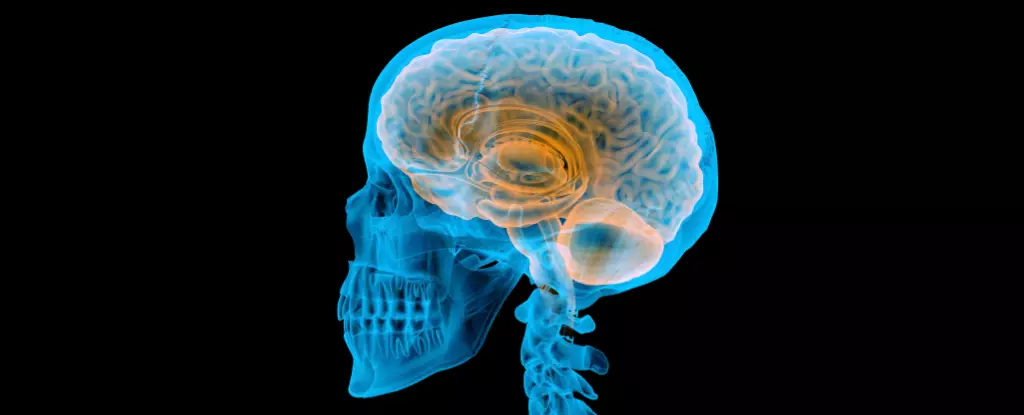Recent studies surrounding the human gut microbiome have unveiled a fascinating relationship between these microscopic organisms and the evolution of human cognition. Groundbreaking research has suggested that the microbes residing within our intestines not only play a vital role in digestion but may also have been instrumental in facilitating the development of larger brains in humans compared to other species. This exploration into the gut-brain axis has revealed that what lies within our digestive system may have major implications for understanding human evolution.
Anthropologist Katherine Amato, from Northwestern University, posits that microbes in our gut could be pivotal in the evolutionary journey that led to the expansion of human brain size. Unlike other animals whose gut microbes tend to focus on energy storage, human gut microbiomes seem to prioritize energy production that feeds the brain. This fundamental difference in metabolic functions underscores the complexity of our evolutionary biology. As Amato highlights, “What happens in the gut may actually be the foundation that allowed our brains to develop over evolutionary time.” The metabolic demands of brain tissue are substantial, necessitating significant adaptations in our physiology to support this growth.
To evaluate this hypothesis, Amato and her colleagues undertook a series of lab experiments that involved germ-free mice. The researchers introduced the gut microbiomes of three different primate species: humans, squirrel monkeys, and macaques. Each species represents a different evolutionary trajectory with regards to brain size relative to body mass. The findings from this experiment unveiled remarkable insights about how gut microbes correlated with brain energetics.
Upon monitoring the germ-free mice’s metabolic responses to the introduced microbiomes, intriguing patterns emerged. The mice with human gut microbiomes revealed higher fasting glucose levels and triglyceride concentrations while exhibiting lower cholesterol levels and the least weight gain. These metabolic markers suggest a clear preference for producing energy from sugars, rather than storing it as fat, which aligns with the energy needs of larger brain structures.
The comparison with squirrel monkeys is particularly noteworthy. Despite the evolutionary distance, these primates exhibited similar microbial adaptations that prioritized energy production aimed at sustaining larger brain sizes. In contrast, macaques, characterized by smaller brains relative to their bodies, showed a different microbial influence that favored fat storage. Amato’s assertion that gut microbiota variations may be a crucial mechanism in understanding the energetic demands of brain development has opened an intriguing avenue of inquiry.
Amato’s research contributes to the broader discourse surrounding the trade-offs between brain and body development in mammals. This phenomenon is not limited to evolutionary biology but is also observable in human development. As children grow, the energy demands of the brain fluctuate, corresponding inversely to physical growth metrics. The research aligns with previously established theories, suggesting that the period of peak brain energy utilization occurs during mid-childhood, a time when growth rates in body mass decrease significantly.
This evolution-centric perspective underscores the complexity of biological adaptations. The delicate balance between brain and body growth highlights the intricate interplay of genetic, environmental, and microbial factors. The implications of gut microbiomes extend far beyond mere digestion, entering the realm of cognitive functions and evolutionary strategies.
The ongoing investigation into the gut microbiome unveils a multi-dimensional narrative of human evolution. The insights gained from the interaction between our gut microbes and brain development illustrate the co-evolution of biology and microbiology. As we dive deeper into the complexities of this relationship, it becomes increasingly clear that understanding our gut microbiota could provide profound insights into not just our health, but the very essence of what it means to be human. The capacity for cognitive functioning, influenced by these microbial communities, might be a narrative that deserves more attention in the annals of evolution, potentially redefining our understanding of human history and development.


Leave a Reply